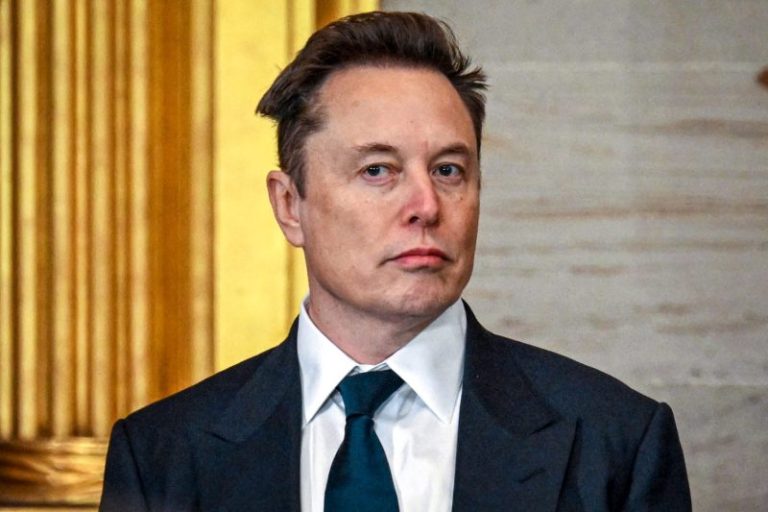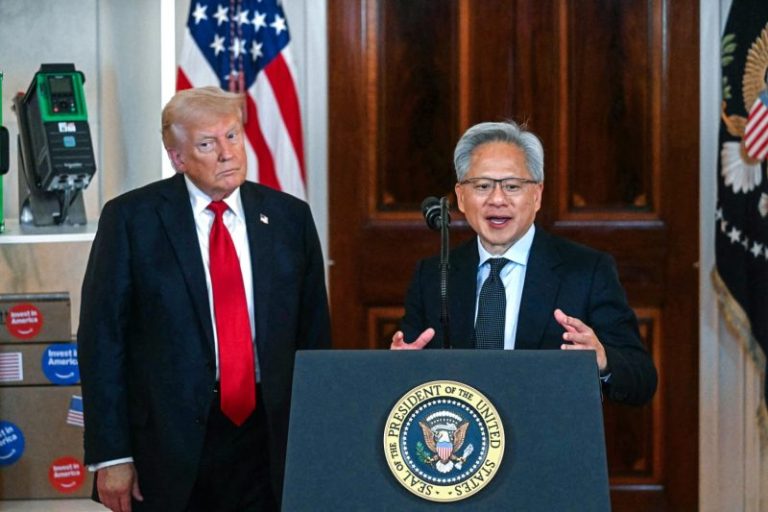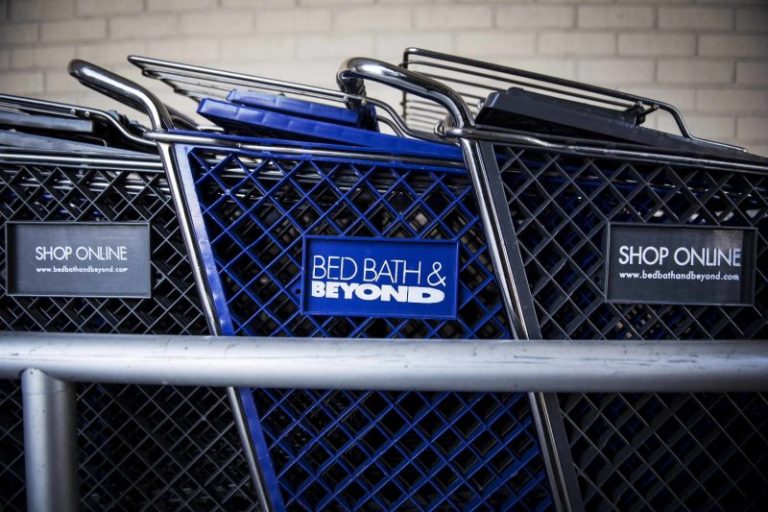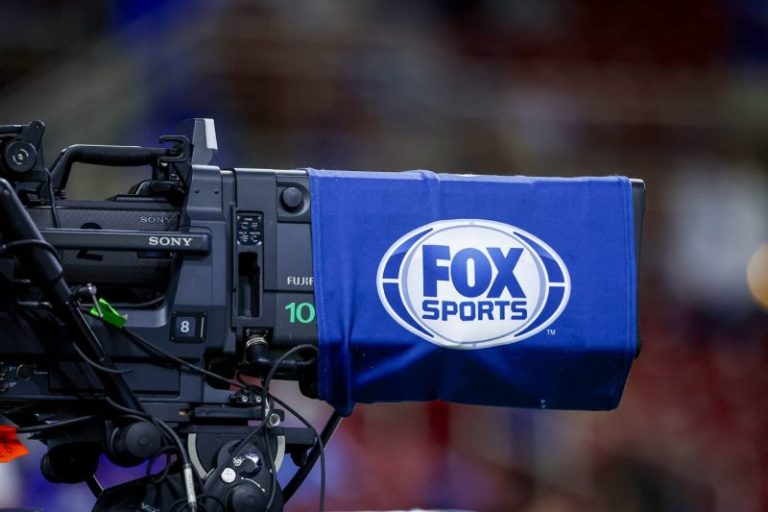Elon Musk on Monday threatened Apple with legal action over alleged antitrust violations related to rankings of the Grok AI chatbot app, which is owned by his artificial intelligence startup xAI.
“Apple is behaving in a manner that makes it impossible for any AI company besides OpenAI to reach #1 in the App Store, which is an unequivocal antitrust violation. xAI will take immediate legal action,” Musk wrote in a post on his social media platform X.
Apple declined to comment on Musk’s threat.
“Why do you refuse to put either X or Grok in your ‘Must Have’ section when X is the #1 news app in the world and Grok is #5 among all apps? Are you playing politics?” Musk said in another post.
Apple last year partnered with OpenAI to integrate its ChatGPT chatbot into iPhone, iPad, Mac laptop and desktop products. Musk at the time said: “If Apple integrates OpenAI at the OS level, then Apple devices will be banned at my companies. That is an unacceptable security violation.”
Prior to his legal threats against Apple, Musk had celebrated Grok surpassing Google as the fifth top free app on the App Store. When contacted by CNBC, xAI did not immediately respond to a request for further information on a potential lawsuit.
CNBC confirmed that ChatGPT was ranked No. 1 in the top free apps section of the American iOS store, and was the only AI chatbot in Apple’s “Must-Have Apps” section. The App Store also featured a link to download OpenAI’s new flagship AI model, ChatGPT-5 at the top of its “Apps” section.
OpenAI on Thursday announced GPT-5, its latest and most advanced large-scale AI model, following xAI’s release of its newest chatbot, Grok 4, last month.
Musk has an ongoing feud with ChatGPT maker OpenAI, which he co-founded in 2015. The billionaire stepped down from its board in 2018, four years after saying that AI was “potentially more dangerous than nukes.”
He is now suing the Microsoft-backed startup, and its CEO Sam Altman, alleging they abandoned OpenAI’s founding mission to develop artificial intelligence “for the benefit of humanity broadly.”
Robert Keele, who headed the legal department at xAI, announced last week that he had left the company to spend more time with his family. In his announcement, Keele also acknowledged “daylight between our worldviews,” referring to Musk.
In response to Musk’s antitrust threats against Apple, OpenAI CEO Sam Altman said in an X post: “This is a remarkable claim given what I have heard alleged that Elon does to manipulate X to benefit himself and his own companies and harm his competitors and people he doesn’t like.”
This is not the first time Apple has been challenged on antitrust grounds. In a landmark case, the Department of Justice last year sued the company over charges of running an iPhone ecosystem monopoly.
In June, a panel of judges also denied an emergency application from Apple to halt the changes to its App Store resulting from a ruling that the company could no longer charge a commission on payment links inside its apps, nor tell developers how the links should look.
— CNBC’s Kif Leswing and Lora Kolodny contributed to this article.










